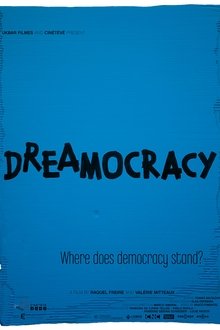Since 2013 more than 30,000 fighters from all over the world have joined the troops of the self-proclaimed Islamic State (Daesh) in Syria. Fighting against them as part of the YPO (Popular Protection Command) in Rojava—in the north of Syria and prevalently Kurdish—are some hundreds of Westerners. This is the story of three of them: a former American marine, an Italian anti capitalist activist, and a Swedish bodyguard.
Related Movies
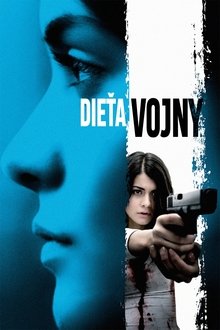
Born Of War (2013)
After her parents are brutally murdered in a home invasion, college student Mina learns that her real father is a ruthless warlord who now wants her back. In retaliation, she works alongside British intelligence in order to take him down.
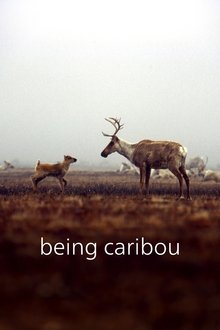
Being Caribou (2005)
Wildlife biologist Karsten Heuer and his wife, environmentalist Leanne Allison follow a herd of 120,000 caribou on foot across 1500 km of Arctic tundra, hoping to raise awareness of the threats to the caribou's survival. Along this journey, they brave torrid conditions, dangerous wildlife and treacherous terrain all in the hopes of learning the truth about this epic migration.
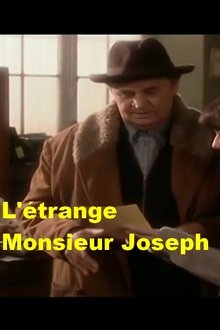
L'Étrange monsieur Joseph (2001)
Joseph Joanovici, a Romanian Jew married to Eva and father of Theresa, lives in Paris in 1939, on the eve of World War II. He managed to make his place in society by trading scrap.
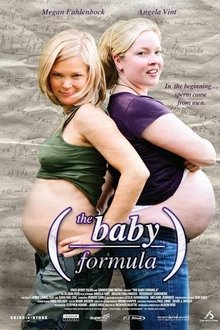
The Baby Formula (2008)
Two adventurous women in love are desperate to have their own biological child. They take a chance on an experimental scientific process and make sperm from their own stem cells. Pregnant with humor and unexpected twists, their journey ultimately confirms that all life is a gift and all families are crazy.
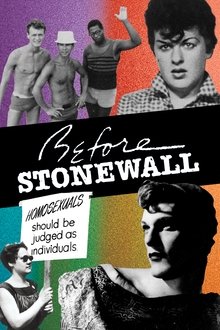
Before Stonewall (1984)
New York City's Stonewall Inn is regarded by many as the site of gay and lesbian liberation since it was at this bar that drag queens fought back against police June 27-28, 1969. This documentary uses extensive archival film, movie clips and personal recollections to construct an audiovisual history of the gay community before the Stonewall riots.

The Inexhaustible Creations of Yayoi Kusama (2017)
Japanese avant-garde artist Yayoi Kusama is best known for her inexhaustible creations involving polka dots, pumpkins, and vibrant colors. Her love of design has seen her join forces with top fashion houses.
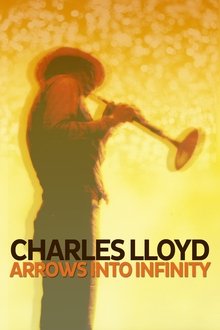
Charles Lloyd - Arrows Into Infinity (2014)
A journey in sound through the unusual life and career of jazz legend Charles Lloyd. Lloyd's own voice, and those who worked with him over the last five decades help us discover and better understand this enigmatic man and his spiritual pursuit through music.
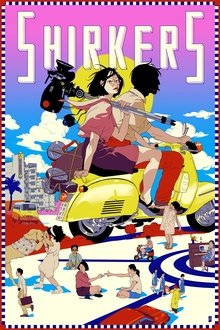
Shirkers (2018)
In 1992, teenager Sandi Tan shot Singapore's first indie road movie with her enigmatic American mentor Georges – who then vanished with all the footage. Twenty years later, the 16mm film is recovered, sending Tan, now a novelist in Los Angeles, on a personal odyssey in search of Georges' vanishing footprints.
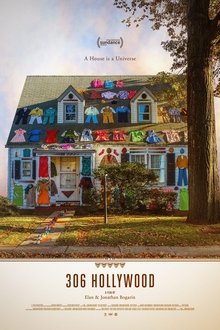
306 Hollywood (2018)
When two siblings undertake an archaeological excavation of their late grandmother’s house, they embark on a magical-realist journey from her home in New Jersey to ancient Rome, from fashion to physics, in search of what life remains in the objects we leave behind.
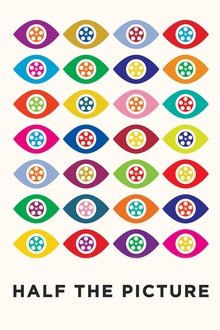
Half the Picture (2018)
At a pivotal moment for gender equality in Hollywood, successful women directors talk about their art, lives and careers.
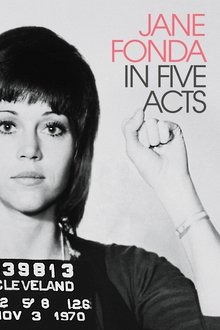
Jane Fonda in Five Acts (2018)
Girl next door, activist, so-called traitor, fitness tycoon, Oscar winner: Jane Fonda has lived a life of controversy, tragedy and transformation – and she’s done it all in the public eye. An intimate look at one woman’s singular journey.
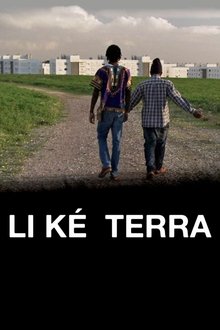
Li Ké Terra (2010)
The story of Miguel Moreira and Ruben Furtado, two Cape Verdean immigrant descendants who live in Portugal but have no legal documents. They are torn between the desire to be a full Portuguese citizen and the obstacles they find in their day to day. Proud of being who they are they keep on dreaming of their future reflecting their wishes for a better life. Above all, Michael and Ruben lead us to one question: What kind of identity has a stateless person?

Ave Maria - Van dienstmaagd des heren tot koningin van de hemel (2006)
Mary of Nazarene is one of the most popular female figures of our world's history. When feminist filmmaker and non-believer Nouchka van Brakel saw a painting of Mary, on which she was told that she would give birth to the Messiah, she was struck by Mary's rather reserved expression. Instead of happiness or humble devotion, the look on her face was doubtful. This fascinated Nouchka van Brakel, and led her to make AVE MARIA, a documentary on the one hand about this mythical, particularly beloved woman and on the other hand about her worshippers who make her Queen of Heaven. AVE MARIA portrays the untameable longing of mankind for the Mother of all mothers; from Virgin Mary, to Mother of the Son of God, to Lady of All Nations, to Queen of Heaven. What powerful emotions drive those devoted to Mary? Journeys to Turkey, Poland, Spain and The Netherlands gradually reveal the mystery.... A fascinating quest.
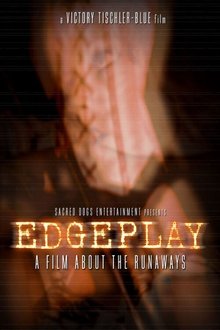
Edgeplay: A Film About The Runaways (2004)
"EDGEPLAY: A film about The Runaways" chronicles the rise and disintegration of the seminal '70's all-teenage-girl rock band The Runaways, whose members included then-unknown future rock stars Lita Ford and Joan Jett. The film explores the effects of verbal, emotional and psychological abuse on girls too young to drink, but old enough for sex, drugs and rock n' roll. Written by Sacred Dogs Entertainment
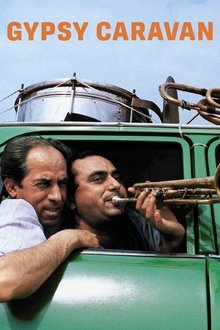
Gypsy Caravan: When the Road Bends (2006)
A brief look into Romany culture and Rom (Gypsies) from around the globe as five famous Romany groups tour the USA.
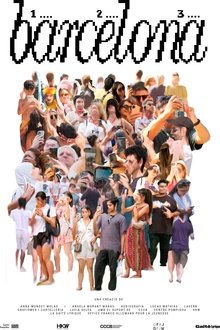
1,2,3... Barcelona! (2025)
Tourists eating and taking photos. Tourists strolling and taking photos. Tourists bathing on the beach and taking more photos. Barcelona has become an overexploited photocall to the point of paroxysm, and this is what this film shows by turning the camera and pointing towards the visitors. A small gesture that, added to a powerful sound contrast and a caustic sense of humour, exposes without subterfuge a grotesque normality.
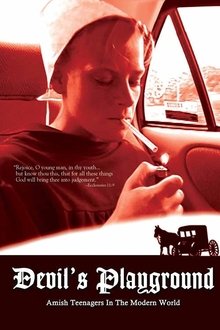
Devil's Playground (2002)
The Devil's Playground is a fascinating and moving documentary about a little-known aspect of Amish life. Amish are not permitted to join the church until their late teens, and have to do so of their own volition. The film explores Rumspringa, wherein young Amish are given the opportunity to explore the "English" way of life.
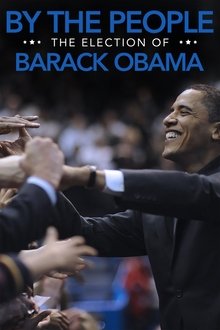
By the People: The Election of Barack Obama (2009)
By the People: The Election of Barack Obama is a documentary film produced by Edward Norton broadcast in November 2009 on HBO, which follows Barack Obama and various members of his campaign team, including David Axelrod, through the two years leading up to the United States presidential election on November 4th, 2008.

These Are My People... (1969)
This documentary short is the first film made by an all-Aboriginal film crew, training under the NFB's Challenge for Change Program. It was shot at Akwesasne (St. Regis Reserve). Two spokesmen explain historical and other aspects of Longhouse religion, culture, and government and reflect on the impact of the white man's arrival on the Indian way of life.
